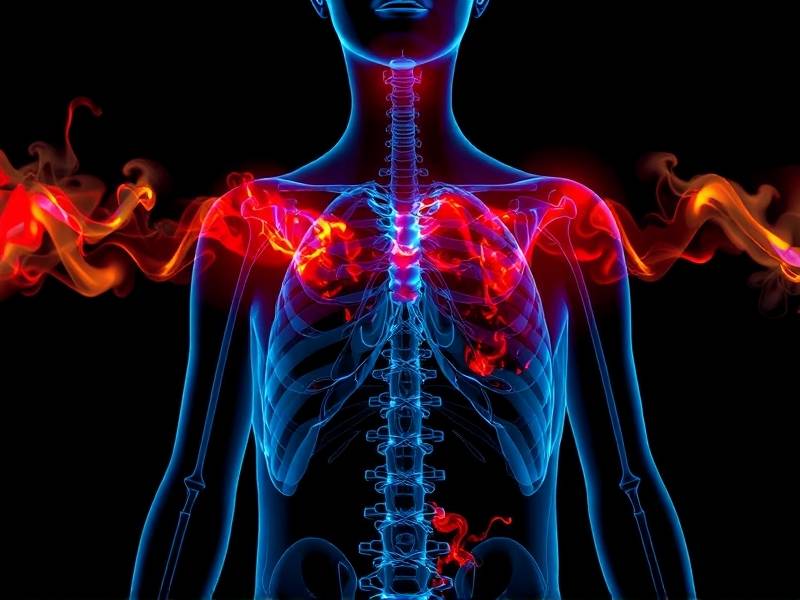What Happens to a Person's Body When They Quit Smoking: The Science Behind the Health Benefits
Unveiling the Transformative Journey: The Science Behind Quitting Smoking and Its Health Benefits
Introduction: Smoking has long been a contentious topic, with numerous debates surrounding its effects on health. However, the question that often lingers in the minds of smokers is, "What happens to my body when I quit smoking?" This article delves into the fascinating science behind quitting smoking and explores the myriad of health benefits that await those who take this life-changing decision.
I. Immediate Health Improvements When a person decides to quit smoking, their body begins an incredible journey of healing and rejuvenation. Within just 20 minutes after quitting, heart rate and blood pressure begin to drop, reducing the risk of heart disease and stroke. Here are some immediate health improvements:

- Reduced Heart Rate: The heart rate decreases as nicotine withdrawal subsides.
- Lower Blood Pressure: Blood pressure stabilizes, reducing the strain on the cardiovascular system.
- Improved Oxygen Supply: Oxygen levels in the blood rise, enhancing overall energy and vitality.
II. Long-Term Health Benefits The long-term health benefits of quitting smoking are even more profound. Here are some significant improvements that occur over time:
A. Heart Health
- Reduced Risk of Heart Disease: Within one year of quitting, your risk of heart disease decreases by half.
- Improved Circulation: Blood vessels start to repair themselves, improving circulation.
B. Lung Function
- Increased Lung Capacity: After two to three months of quitting, lung function improves significantly.
- Reduced Risk of Respiratory Diseases: Quitting smoking reduces the risk of chronic obstructive pulmonary disease (COPD) and lung cancer.
C. Reproductive Health
- Improved Fertility: Quitting smoking can enhance fertility in both men and women.
- Reduced Risk of Stillbirths: Pregnant smokers have a higher risk of stillbirths; however, quitting can significantly lower this risk.
III. Mental Health Benefits Quitting smoking also has a positive impact on mental health:
A. Improved Mood
- Decreased Anxiety and Depression: Nicotine withdrawal can lead to mood swings; however, these symptoms typically diminish after a few weeks.
B. Enhanced Cognitive Function
- Improved Memory and Concentration: Smoking affects cognitive functions; quitting can lead to improved memory and concentration over time.
IV. Conclusion: Embracing a Healthier Future The journey towards quitting smoking may be challenging, but it is undoubtedly worth it. By understanding the science behind this transformative process, individuals can make informed decisions about their health and well-being. As you embark on this journey towards a smoke-free life, remember that every step forward is a step towards better health.
Note: The information provided in this article is based on research from authoritative sources such as the Centers for Disease Control and Prevention (CDC), American Heart Association (AHA), and American Lung Association (ALA).

